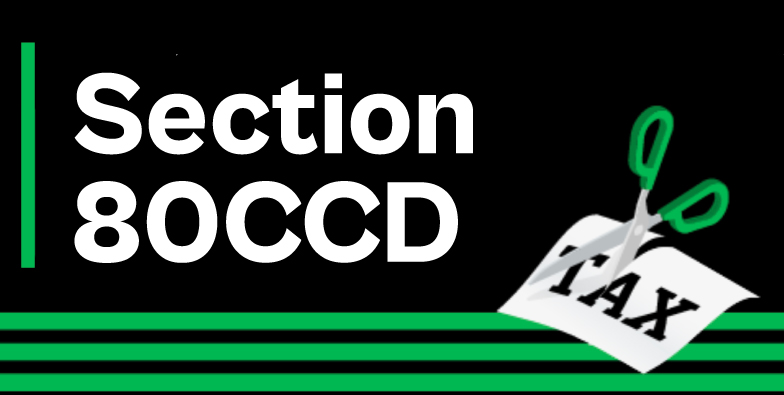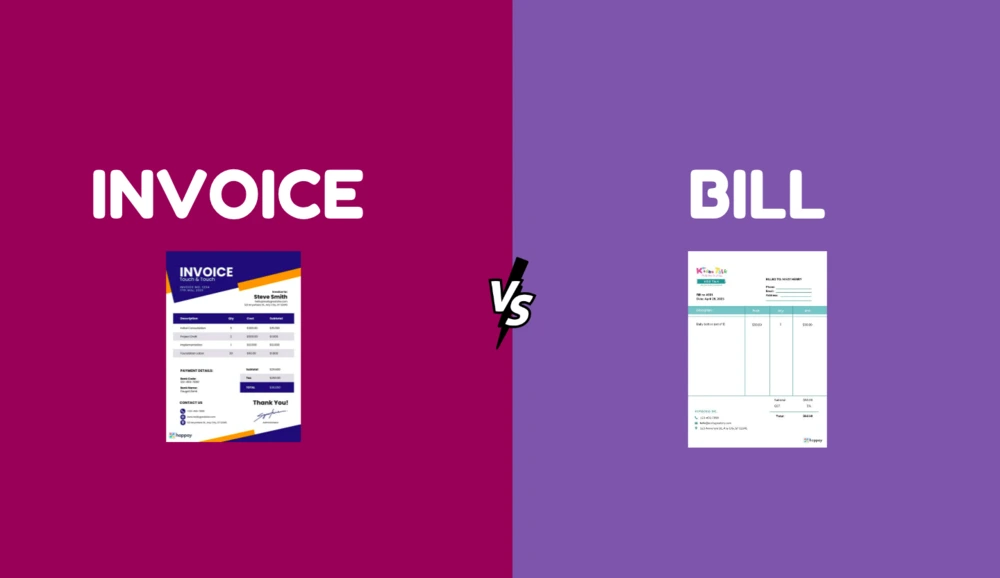Section 80CCD Deduction
Under the Income Tax Act of India, Section 80CCD is a provision that allows individuals to get a tax deduction for contributions made to their pension account, including the National Pension Scheme (NPS) and the Atal Pension Yojana (APY). Section 80CCD is a provision in the Income Tax Act that offers a deduction for taxpayers earning pension income related to the National Pension Scheme. Section 80CCD is incorporated into Chapter VI-A of the Income Tax Act, which provides deductions for assessees corresponding to various expenditures, subject to the satisfaction of the specified conditions. The section provides deductions for the contribution to pension schemes governed by the Central Government, including the National Pension Scheme (NPS). What is Section 80CCD? Section 80CCD deduction can be availed by taxpayers contributing to a pension fund like the National Pension Scheme or Atal Pension Yojana. In the case of employment, up to 10% of the salary in the previous year can be claimed as a deduction. For all other cases, 10% of the gross total income in the previous year is allowed as a deduction. In addition to claiming a deduction under Section 80CCD, taxpayers can also claim a deduction of up to Rs.50,000 for contributions to the National Pension Scheme. The deduction for contribution to the National Pension Scheme is admissible over and above the ceiling of deduction of Rs.1.5 lakhs under sections 80C, 80CCC and 80CCD. Section 80CCD subsections Sub-section 80CCD(1) Sub-section 80CCD defined the various rules concerning the income tax deduction offered to members of the NPS. This subsection applies to everyone, irrespective of who made the contribution, be it a government employee, a private employee or a self-employed individual. The provisions prescribed under this Section apply to every Indian citizen between the ages of 18 and 60 years who is a member of the NPS and has been contributing consistently. This section is also applicable to Non-Resident Indians. The following are the key provisions stated under Section 80CCD(1): The maximum deduction permissible under Section 80CCD(1) is 10% of an individual’s salary (Basic Salary + Dearness Allowance) or 10% of their gross income. From Financial Year 2017-18, this limit has been increased for self-employed individuals from 10% to 20% of the Gross Total Income, with the maximum limit capped at INR 1.5 Lakhs for a given financial year. The new amendment of Section 80 CCD that was introduced as Sub-section 1B in the Union Budget 2015 mentions that individuals may also claim an additional deduction of INR 50,000. The benefit is offered to both salaried as well as self-employed individuals. Therefore, this raises the maximum deduction available under Section 80CCD to INR 2 Lakhs. Tax benefits under Section 80CCD (1B) may be claimed over and above the deductions prescribed under Section 80CCD(1). Sub-section 80CCD(2) The provisions prescribed in Section 80 CCD(2) come into effect when an employer contributes to the NPS fund of their employee. An employer can contribute to the NPS along with those made towards EPF and PPF. The contributions made by an employer may be equal to or higher than that of the employee. This section is only applicable to salaried individuals and not to self-employed individuals. The tax deductions under this Section may exceed those prescribed under Section 80 CCD(1). Section 80CCD(2) permits salaried individuals to claim deductions up to 10% of their salary. This salary would include the basic pay along with their dearness allowance or is equal to the contributions made by their employer towards the NPS. Sub-section 80CCD(3) When any amount standing to the credit of the assessee in his account referred to in Section 80CCD(1) or (1B), in which a deduction has been approved under those sub-sections or section CCD(2), together with the amount accrued thereon, if any, is obtained by the assessee or nominee, in whole or in part, in the previous year. As the pension received from the annuity plan purchased on such closure or opting out, the whole of the amount referred to in clause (a) or (b) would be deemed to be the income of the assessee or nominee, as the case may be, in which such amount is received in the previous year, and would be charged to tax as income of that previous year. The amount that is received by the nominee, on the death of the assessee, under the circumstances that referred in clause (a) would not be deemed into the income of the nominee. Any payment obtained from the National Pension System Trust to an employee on account of closure or his opting for the pension scheme referred to in Section 80 CCD, to the extent that it does not exceed more than 40% of the total amount that is payable to him during the closure or his opting out of the scheme, would be exempt from tax as per Section 10(12A). Section 10(12A) As per the amendment, any payment from the National Pension System Trust to an employee under the Pension Scheme referred to in Section 80CCD, on partial withdrawal that is made out of his income account in accordance with the specific terms mentioned under the Pension Fund Regulatory & Development Authority Act, 2013, and the provisions made thereon, to the extent it does not exceed 25% of the amount of the contribution. Deduction for Contribution to the NPS The Union Budget of 2015 improved the scope of tax benefits offered under Section 80CCD of the Income Tax Act to attract more members to the NPS and make relevant investments. The latest amendments helped increase the deduction limit from INR 1 Lakh to INR 1.5 Lakhs under Section 80CCD(1A). As per the new Sub-section 1B, an additional deduction of up to INR 50,000 was provided. These additional tax benefits are offered over and above the deduction limit prescribed under Section 80C of the Income Tax Act. The contribution made by the employer would also be allowed as a deduction under Section 80CCD(2) while calculating the total income of the employee. The deduction amount under this section should not exceed 14% of the salary in the case of Central
Section 80CCD Deduction Read More »









